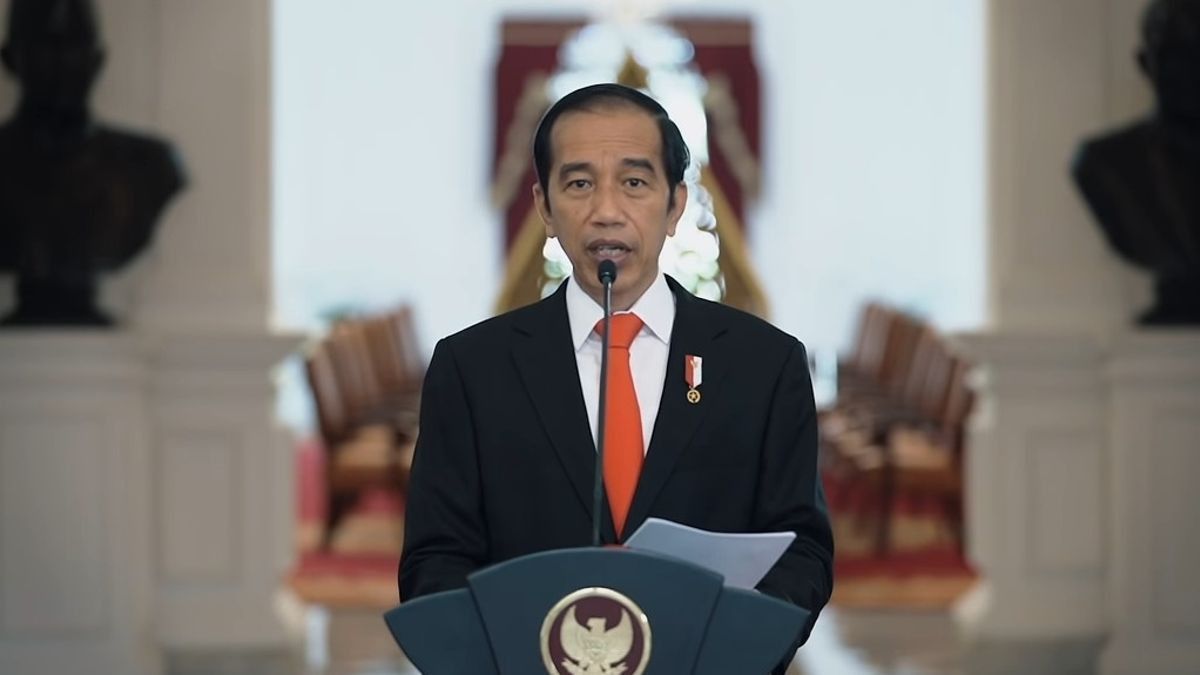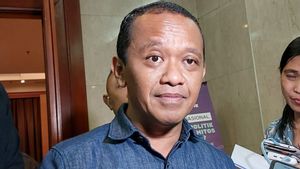YOGYAKARTA The Indonesian state according to Article 1 Paragraph 1 of the 1945 Constitution (UUD) is a unitary state in the form of a republic. Currently, Indonesia is running a presidential government system with a separation of power, namely the executive as the executor of the law, the legislature as the author of the law, and the Judicative as the supervisor of implementing the law. So, what is the presidential government system?
The presidential or presidential system is a system of government whose executive power is elected by election and separate from legislative rule.
In the presidential government system, the highest position is held by the president, with details of his position as head of state and at the same time being the head of government. Having held the two highest positions, the president was given various privileges, driven by VOI from the Gramedia Blog, not long ago.
The two highest positions held by the president also made it a strong and impossible position to be brought down by parliament. In the presidential system, the president can be ousted if he violates the constitution, betrays the country, and is involved in criminal acts.
If a president is involved in these problems, then the president will be removed and replaced with his deputy.
The power in the presidential government system is divided into three, namely:
The United States is often referred to as a country that gave birth to a presidential system. Uncle Sam is also an ideal example of the presidential government system because it meets almost all requirements of the presidential system.
In this system, the lembaga that organizes the government are the president and his ministers.
Characteristics of Presidential Government System
Here are some of the characteristics of a country that adheres to a presidential government system:
Countries that adhere to a presidential government system will be headed by the president. President-elect in general elections (Pemilu) will play the role of head of state as well as head of government.
The executive power is held by the president who is elected by the people and appointed to use people's democracy through the intermediary of the people's body or representative council.
As head of state and head of government, the president has the privilege (prerogative rights) where the president is allowed to appoint and dismiss ministers who lead both departmental institutions and non-departmental institutions.
The ministers appointed to serve the country are directly responsible to the president, not to the parliament (legislative power).
The presidential government system provides a limit on the term of office of the president. The same applies to legislative and judicial rule. When the presidential term has been completed, a general election will be held.
As an equalizer, the president cannot dissolve parliament because his position is not under the direct supervision of the president.
That is information about the explanation and characteristics of the presidential defense system. Hopefully it will be useful!
The English, Chinese, Japanese, Arabic, and French versions are automatically generated by the AI. So there may still be inaccuracies in translating, please always see Indonesian as our main language. (system supported by DigitalSiber.id)













